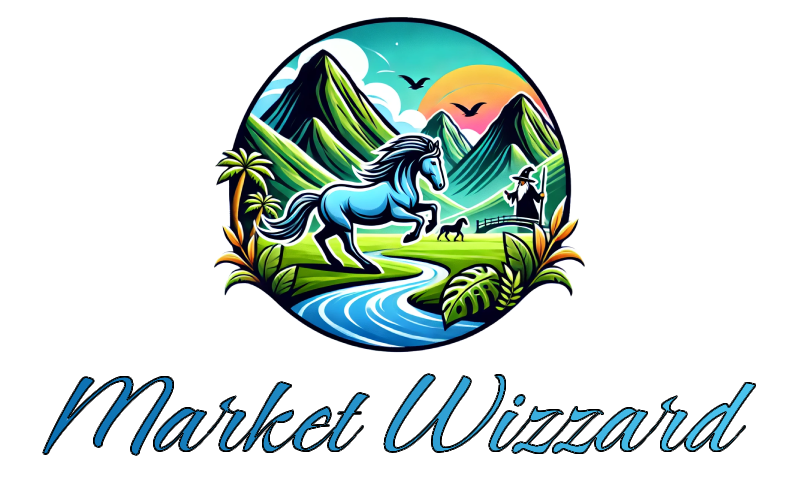Adopting a plant-based or vegan diet has many health benefits, such as improved heart health and reduced risk of chronic diseases. However, maintaining a balanced diet is crucial. A well-planned vegan diet can provide all essential nutrients when managed carefully. This article offers tips for building a balanced vegan diet that supports overall health and well-being.
Understanding Plant-Based Nutrition
A vegan diet excludes all animal products, relying solely on plant-based foods like fruits, vegetables, grains, legumes, nuts, and seeds. While these foods are rich in essential vitamins, minerals, and fiber, vegans need to pay attention to certain nutrients that are more readily available in animal-based sources. Protein, iron, calcium, vitamin B12, omega-3 fatty acids, and vitamin D are critical nutrients that require thoughtful planning when following a vegan diet.
Ensuring Adequate Protein Intake
Protein is a vital macronutrient for building and repairing tissues and supporting muscle health. While plant-based proteins are abundant, they may not always contain all the essential amino acids needed for complete nutrition. Incorporating a variety of protein-rich foods such as lentils, chickpeas, tofu, tempeh, and quinoa can help achieve a well-rounded amino acid profile. By mixing different plant-based proteins throughout the day, you can ensure that your body receives the complete set of essential amino acids necessary for optimal health.
Additionally, nuts and seeds like almonds, chia seeds, and hemp seeds offer good sources of protein. Using these as toppings for salads, oatmeal, or smoothies adds both protein and healthy fats to your meals. Incorporating whole grains like brown rice, barley, and farro can further boost your protein intake while providing complex carbohydrates for sustained energy.
Getting Enough Iron and Calcium
Iron and calcium are essential minerals that require attention in a vegan diet. Plant-based sources of iron, known as non-heme iron, are not as easily absorbed by the body as the heme iron found in animal products. However, consuming iron-rich foods like lentils, beans, spinach, and fortified cereals alongside vitamin C-rich foods such as citrus fruits, bell peppers, and tomatoes can enhance iron absorption. It’s important to include these combinations in your meals to optimize iron intake.
Calcium is another critical nutrient, especially for bone health. Dairy products are a primary source of calcium for many, but plant-based eaters can obtain this mineral through fortified plant milks, tofu, kale, and almonds. Adding these foods into your daily routine, like using fortified plant milk in your breakfast or enjoying kale salads, helps ensure you receive adequate calcium levels.
Meeting Vitamin B12 and Omega-3 Fatty Acid Requirements
Vitamin B12 is crucial for nerve function and the production of red blood cells, but it is not naturally found in plant foods. Vegans are recommended to consume fortified foods such as plant-based milks, breakfast cereals, and nutritional yeast, or to take a B12 supplement to prevent deficiency. Checking labels for fortified products can help you incorporate B12 into your diet without relying on animal-based sources.
Omega-3 fatty acids, typically found in fish, are important for heart and brain health. Plant-based sources like flaxseeds, chia seeds, walnuts, and hemp seeds provide ALA (alpha-linolenic acid), which the body can partially convert to the essential fatty acids EPA and DHA. Including these seeds in your meals or smoothies can help you maintain omega-3 levels. For those seeking higher levels of EPA and DHA, algae-based supplements are an effective vegan alternative.
Incorporating Vitamin D and Maintaining Balanced Nutrition
Vitamin D, essential for bone health and immune function, is another nutrient that vegans may find challenging to obtain from food alone. Fortified plant milks and mushrooms exposed to sunlight are good options. However, many people, regardless of their diet, may need to consider a vitamin D supplement, especially in regions with limited sun exposure.
To achieve a balanced vegan diet, variety is key. Incorporating a diverse range of fruits, vegetables, whole grains, and plant-based proteins ensures that your body receives the nutrients it needs. Rotating different food groups and experimenting with new recipes can keep your meals interesting and nutritionally complete. Additionally, using herbs and spices can enhance the flavor and nutritional value of your dishes, providing antioxidants and other beneficial compounds that support overall health.
Conclusion
A balanced vegan diet is achievable with careful planning. Diversify protein sources, focus on iron, calcium, and essential vitamins like B12 and D, and use fortified foods or supplements as needed. By incorporating nutrient-rich foods, you can enjoy a satisfying, balanced diet that supports long-term health.

